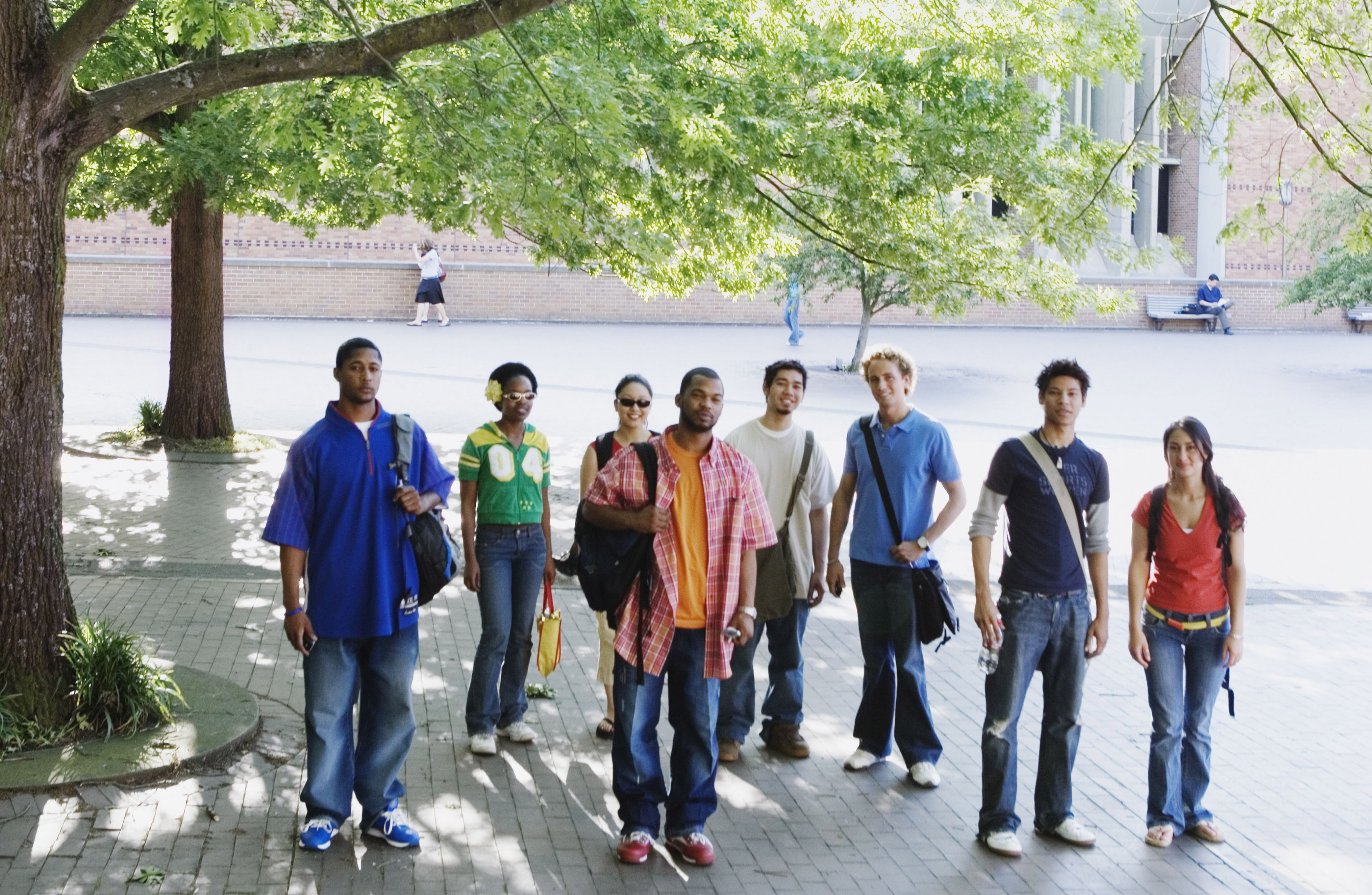By Su-San Sit and Charlie Lewis.
Of the students that are enrolled in Kingston University, around 20%* are from overseas. The incentives pulling them here vary. From the amusing “I couldn’t afford to go to America” and “I was hoping to meet Russell Brand” to the weightier reasoning that “London is an economic and cultural hub of the world” and “My dream is to work in England”, Kingston University has been inundated with a new batch of international students eager to mix and learn in the United Kingdom.
“Foreign Currency” seeks to explore the experience of the international student, and in doing so, act as their voice. Our endeavour would not be of use if it were a monologue – our aim is to achieve a dialogue with our readers, whether they are international or British. So dear reader, we end this introduction with a request – whatever we talk about, let us know what you think, how we can change things and any issues you want us to focus on.
Let us start with the one of the first questions family and friends will ask each and every international student. Have you made any new friends? A general probing of international students revealed a common issue.
Karly Stilling, a Canadian doing her first year of a Creative Writing Masters says “I have met lots of international students but no British students besides my flat mate.”
Michael Yang, here from America studying his fourth year of a Computer Studies Major describes meeting three British freshers on a drunk night out, but who he’s not seen since.
He continues “It’s easier meeting other internationals. I feel we’re all in the same boat trying to make friends thus we naturally flock towards other internationals.”
For some, such as Ben Goldberg, an American Political Science student in his third year, the situation is improving as they become more settled in.
“I have been mostly spending time with other international students.” he says.
“I think that this is mainly due to the orientation events that were specifically made for international students. However, as I begin class I am meeting more English students.”
Looking at the abundant list of social events available for international students to meet in the weeks before the start of teaching week one, it would be churlish to accuse the University of not doing enough to bring nervous new arrivals together.
Certainly, our experience has been of a highly social and active campus, possibly more so than our home university. For example, Charlie got a year older on the 20th of last month. It was a particularly pleasing surprise to find that, through the early social events, he had already been able to meet enough people to have a get together on the day. But it is also worth mentioning that there were no British students there. Internationals were the people he met. They were the people he invited.
So, as the dust settles on Freshers Week and new friendship groups are solidified, it seems as though international students are sticking together instead of integrating with domestic students.
It is important to note that these are not the experiences of every new international student attending the University or that these observations are accusing domestic students of having xenophobic tendencies (an unreasonable fear or hatred of foreigners). We are just hoping to open up debate.
So, tell us. What do you think? Is it students failing to make an effort with each other? Or are there not enough University social events that bring both sets of students together?
*Figure as of December 2013 (Kingston University website)
Su-San Sit and Charlie Lewis are both ‘Study Abroad’ Journalism students from Perth, Australia.

